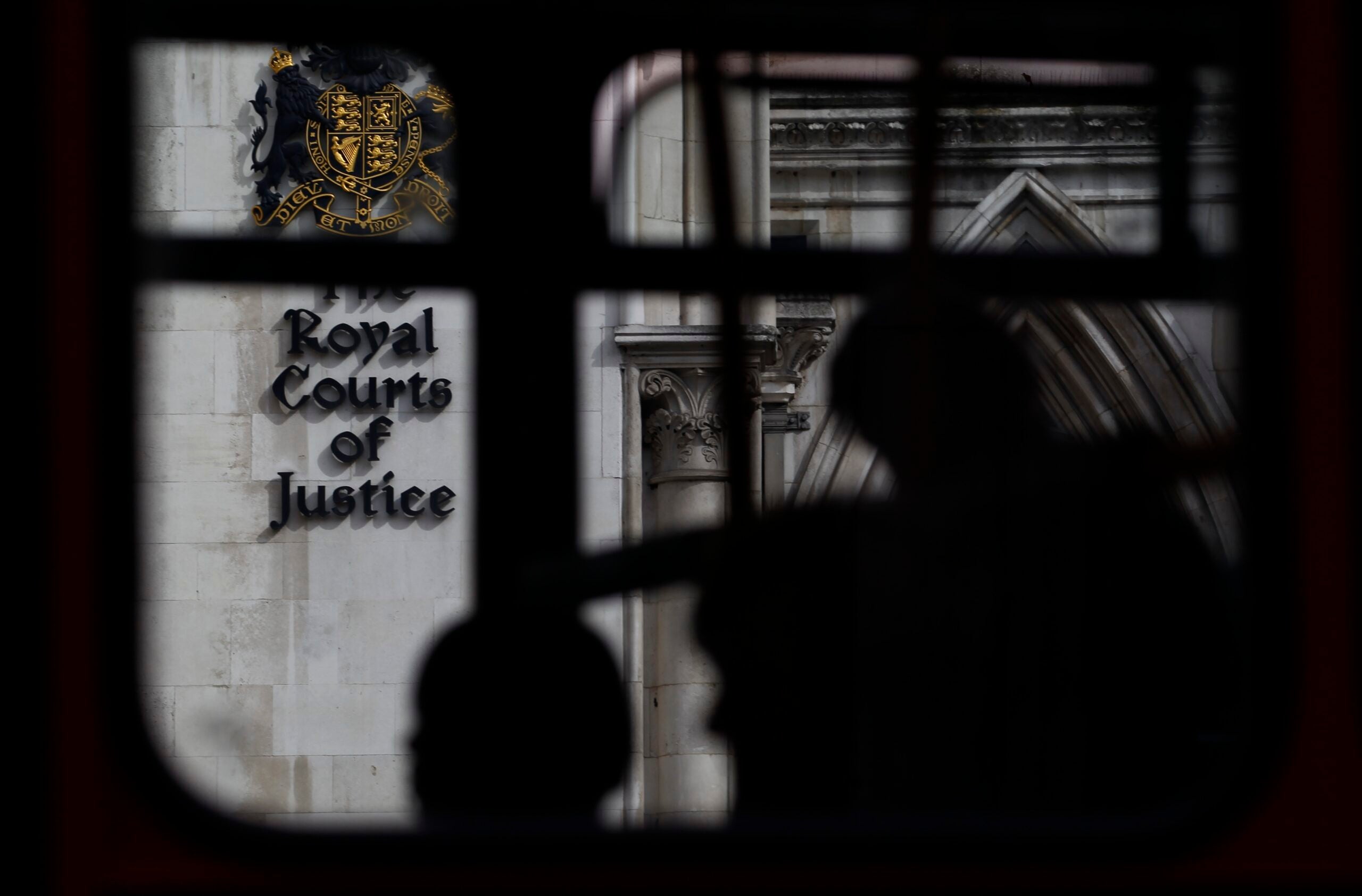
The Court of Appeal has given the green light for people to bring claims against the media for breaches of the Data Protection Act (DPA) if their libel actions fail.
The ruling last week arose in a libel case involving the website Elaph.com, a leading 24-hour Arabic news portal, which published an online article claiming that Prince Moulay Al Alaoui was devious and disloyal.
The claimant applied to the court to amend the libel claim to add a claim that his personal data was not processed fairly and lawfully.
He claimed that this breached the DPA’s first and fourth data protection principles .
Lord Justice Simon allowed the amendment. He said: “There is no good reason of principle why a claim under the DPA cannot be linked to a defamation claim.”
He added that if the article was not defamatory … “the DPA claim may found an appropriate alternative means of redress”.
The decision means that offended readers can in future bring joint claims for libel and breaches of the Data Protection Act, and increase their chances of winning. If, for example, a court ruled the an article was not defamatory, the claimant could still win their data protection case.
The latest edition of my book, Online law for journalists, warns of the growing threat posed by the DPA. Editors are likely to see more challenges to the journalistic exemption on public interest grounds in future.
In recent years, celebrities like Cheryl Fernandez-Versini’s ex-husband Jean Bernard (The Telegraph, 2017, Cheryl Fernandez-Versini’s husband wins magazine privacy damages) and musician Paul Weller (The Guardian, 2014, Paul Weller children win privacy damages over photos on Mail Online) are among celebrities who have won damages under the act. The DPA features on most writs issued against the media these days, now that the Defamation Act 2013 has made libel actions harder to win.
The Information Commissioner reassured the media in 2014 that he had no intention of interfering with the freedom of the media. He said that the data protection regime was not intended to obstruct a free and fair press.
However, the Information Commissioner’s Office’s (ICO) media guidelines about the DPA stress that the journalistic exemption only applies to journalistic activity carried out in the public interest.
The guidelines say: “You must reasonably believe publication is in the public interest – and that the public interest justifies the extent of the intrusion into private life”.
The Court of Appeal’s decision last week will make actions under the DPA more appealing to offended readers, who will be able to link them to defamation actions as a matter of course in future.
Online law for journalists: 2nd edition. Available as a paperback from Amazon £14.84.
Email pged@pressgazette.co.uk to point out mistakes, provide story tips or send in a letter for publication on our "Letters Page" blog
